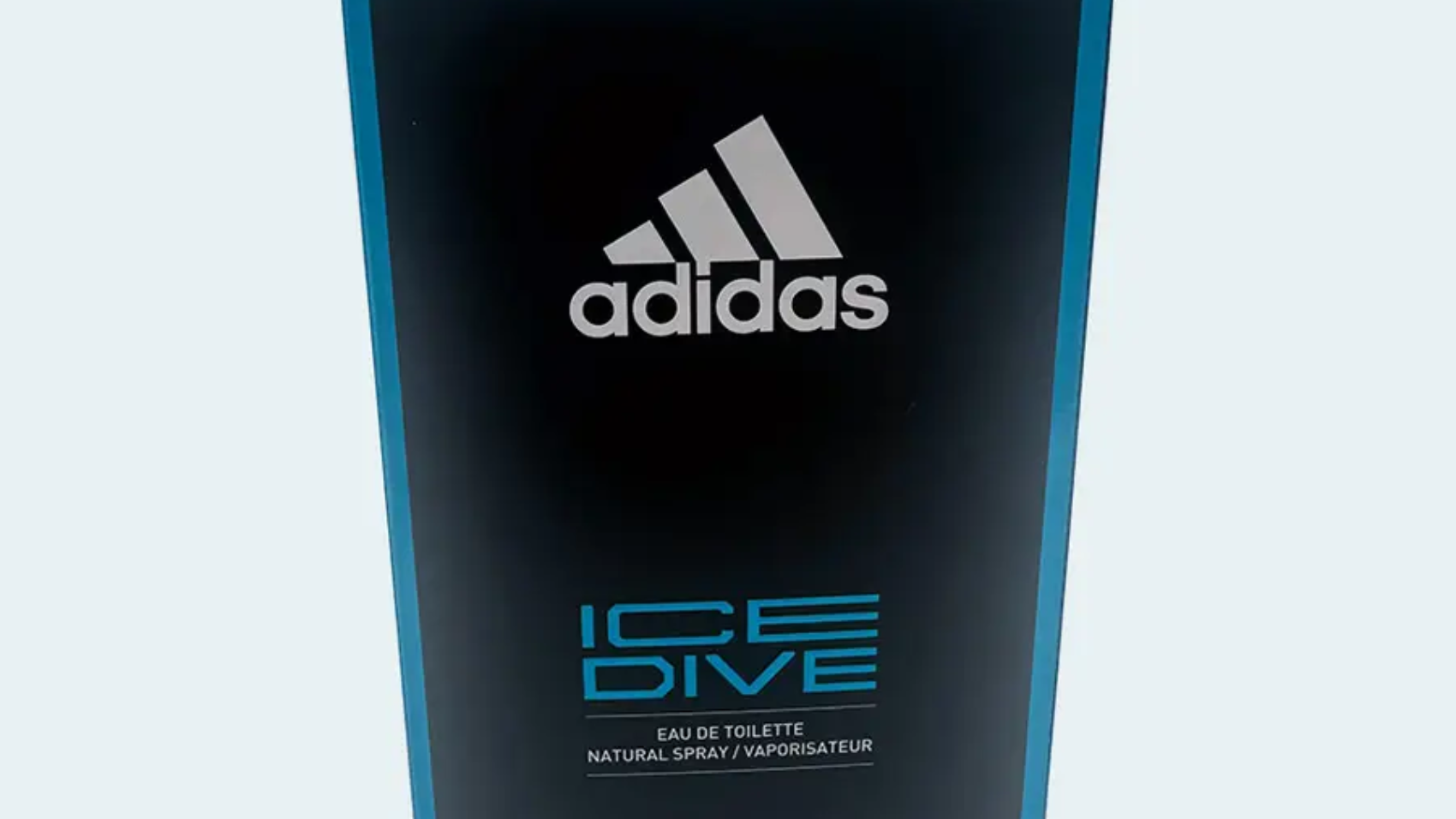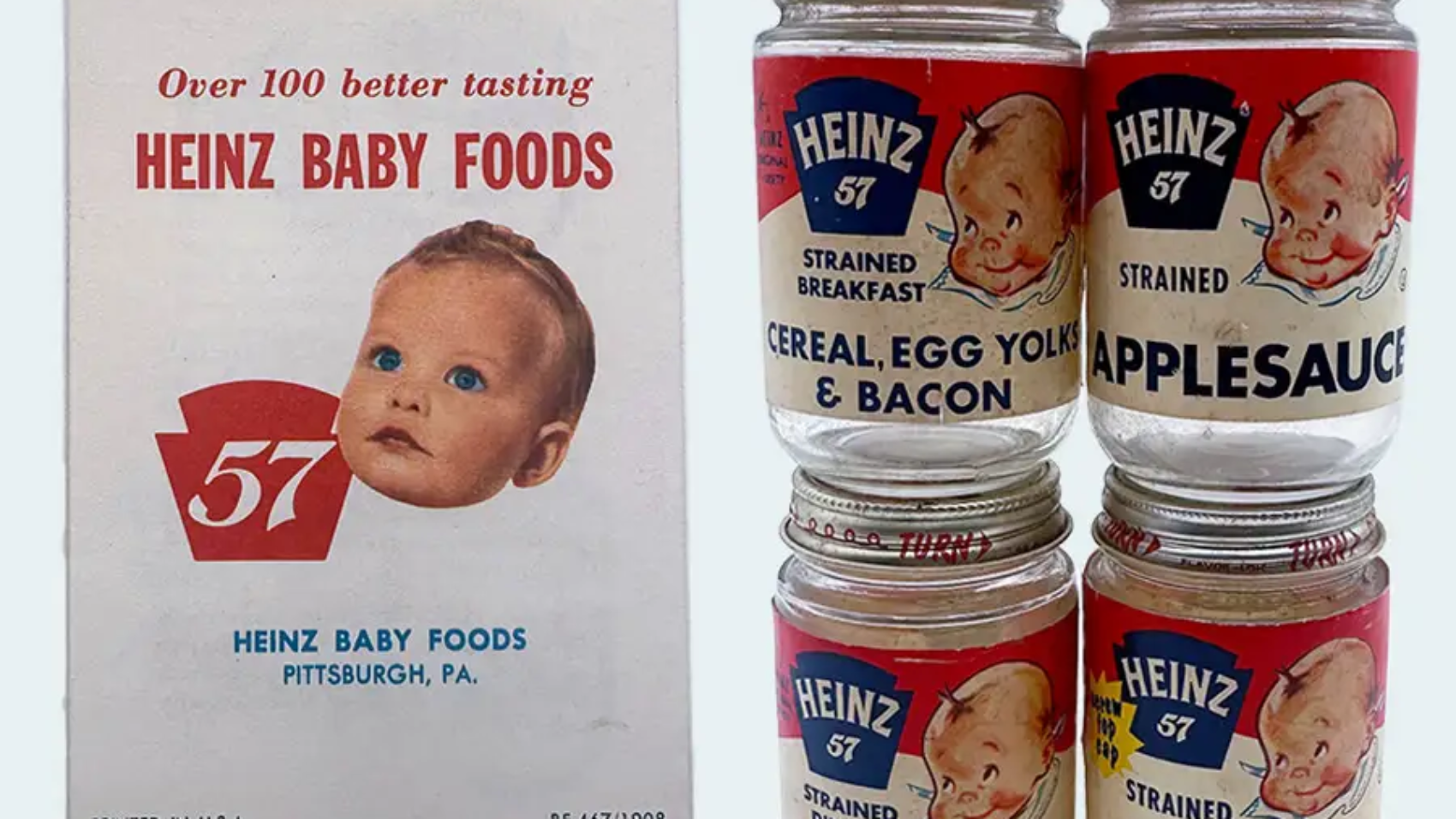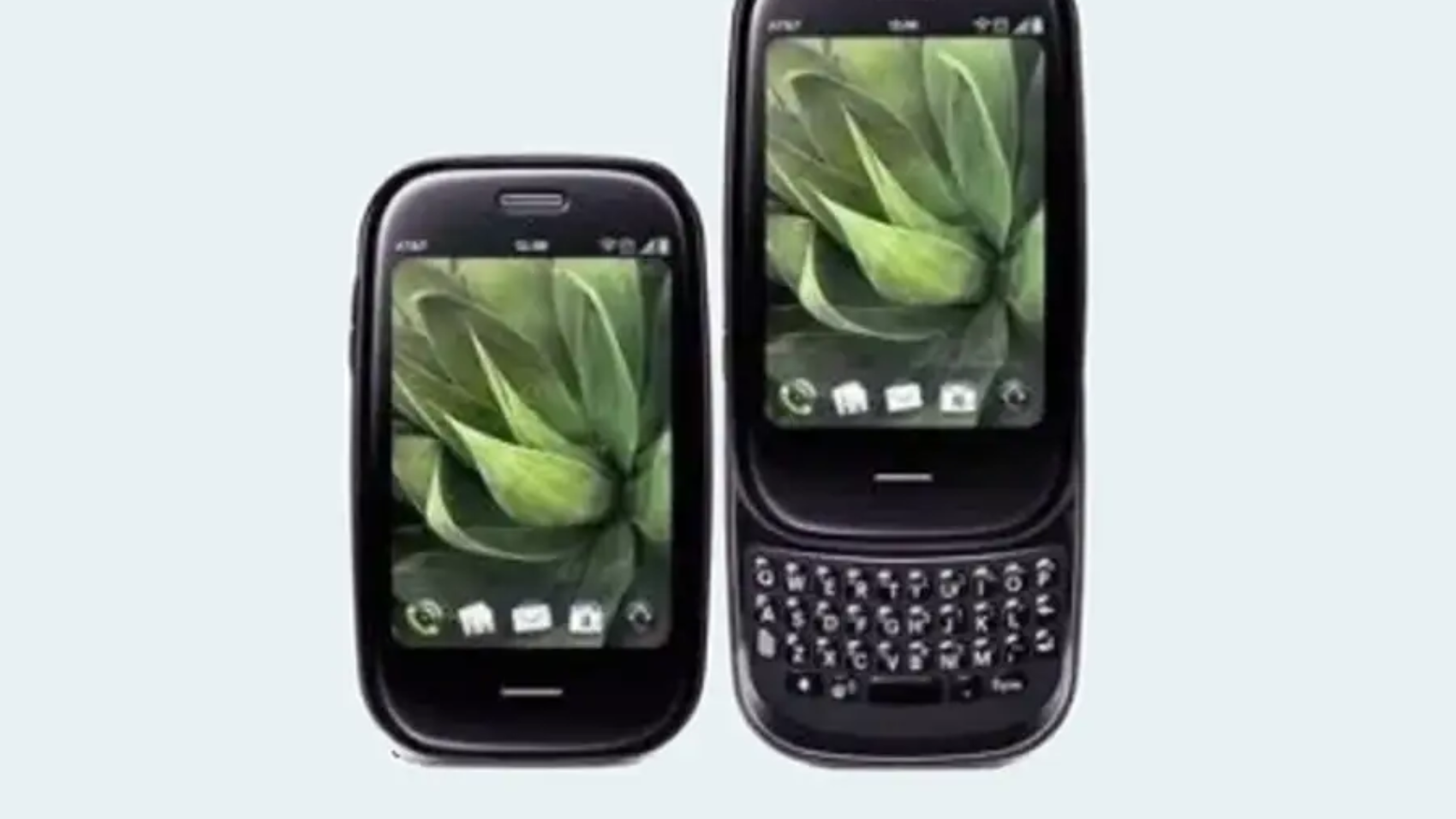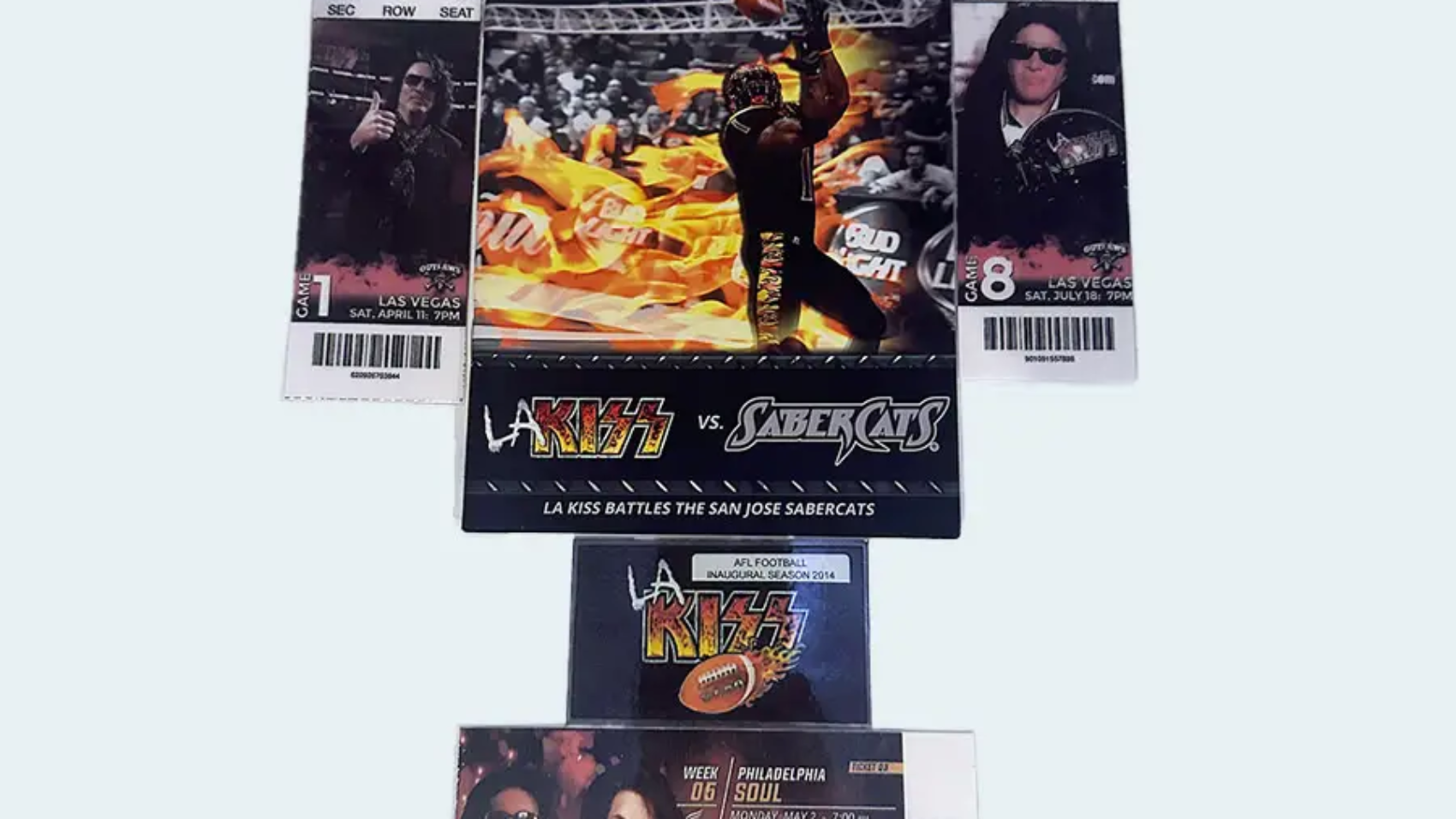Founded in 1979 and shut down in 2010, BIC Sport was one of the world’s leading windsurfing manufacturers and had best-selling boards on the planet.
Adidas cologne
Launched in 1999, Adidas cologne starts with sweet notes of bergamot and apple. The heart and base add notes of lavender, rum, leather, sandalwood and vanilla.
Brooklyn Dodgers (NFL)
The Brooklyn Dodgers played in the NFL from 1930 to 1943. Its home games were played at Ebbets Field, also the home of MLB’s Brooklyn Dodgers.
Onyx Motorbike
Onyx Motorbike went out of business in 2023. The category is super crowded, while most of the frames are not straight, sport mode cuts out frequently, and have trouble hitting 50+ even though they claim 60. The wiring inside them is a complete mess, the first thousand bikes did not even have full coverage of brake pads on the discs.
Amazon Go’s “Just Walk Out”
Launched in 2016 and discontinued in 2024, Amazon gave up on the cashier-less “Just Walk Out” technology at its Amazon Fresh grocery stores. New stores will be built without computer-vision-powered surveillance technology, and “the majority” of existing stores will have the tech removed. In the early days, Amazon’s ambitions included selling Just Walk Out to other brick-and-mortar stores. The problem was that the technology never really worked.
Just Walk Out was supposed to let customers grab what they wanted from a store and just leave, skipping any kind of checkout process. Amazon wanted to track what customers took with them purely via AI-powered video surveillance; the system just took a phone scan at the door, and shoppers would be billed later via their Amazon accounts.
Amazon had more than 1,000 people in India working on Just Walk Out as of mid-2022 whose jobs included manually reviewing transactions and labeling images from videos to train Just Walk Out’s machine learning model. Just Walk Out required about 700 human reviews per 1,000 sales, far above an internal target of reducing the number of reviews to between 20 and 50 per 1,000 sales.
Dodgers’ Baseball Giveaway
In 1995, the Dodgers had a promotion where it gave out 15K baseballs. Fans didn’t like some calls from the umpires leading to the field being flooded with baseballs and the game being forfeited.
Palm Pre
Launched in 2009, the Palm Pre’s biggest disadvantage was its app store, which had only about a dozen apps, compared with over 40,000 for the iPhone. There were only a handful of buttons, and these were rubbery and protruded too little from the body, making them hard to press unseen. The power button was clumsy to use when the keyboard is open. Plus the Pre’s autocorrect system, for instantly fixing mistyped words, is puny. Even with a physical keyboard, people make typos, and Palm only fixes about 2,500 common words, like “the.” By contrast, both the BlackBerry and iPhone have tens of thousands of autocorrections built in, including fixes for long, complex words.
Los Angeles Kiss
Starting in 2013, the Los Angeles Kiss was an Arena Football League team owned by Kiss lead members Gene Simmons and Paul Stanley. The games were themed to echo a Kiss music concert: games opened with an electric guitar rendition of The Star-Spangled Banner; there was “loud pyrotechnics and music” throughout the game; “the Kiss logo is plastered everywhere: on the arena football field, on the end zone and on the flame-emblazoned jerseys in the stands. There was also a Kiss Girls dance-squad in black leather. The team’s artificial turf field was also colored in a unique silver color scheme. Unable to be financially viable and after being Los Angeles’ third attempt at an Arena Football League, the team’s last season was in 2016
Milwaukee Mustangs
Milwaukee Mustangs was an Arena Football League franchise from 1994-2001. The franchise started with a 0-12 campaign in 1994. Over the course of the eight-season span, Milwaukee only made the playoffs four times. The team never won its division, never won its conference, and failed to ever bring a championship back to Milwaukee. The team returned from 2010-2012, but still didn’t have enough success on the field nor could attract enough fan interest.











